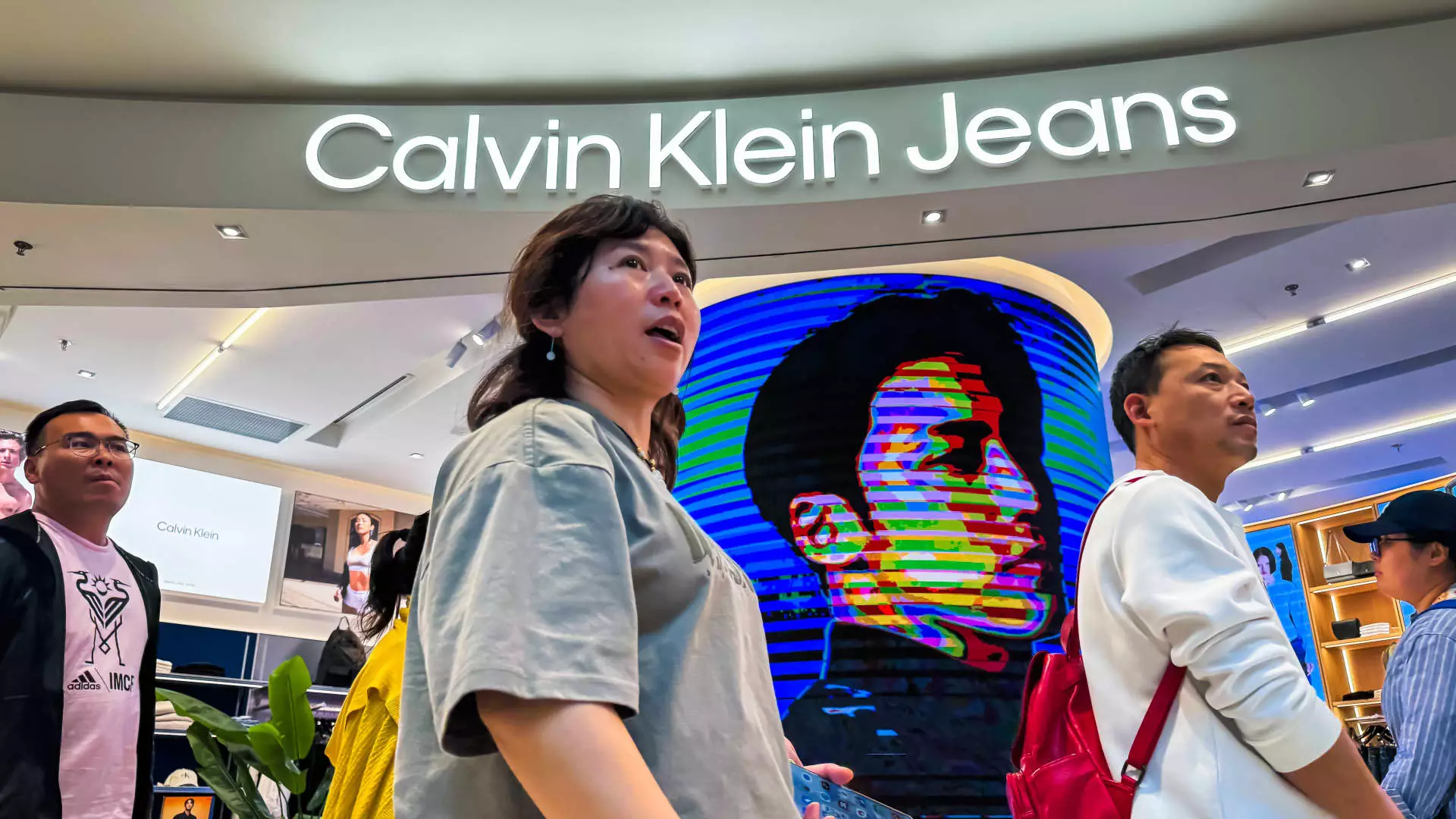The evolving dynamics of international trade have taken a significant hit with recent geopolitical tensions between the United States and China. A prime illustration is the blacklisting of PVH Corp., the parent company of renowned fashion brands Calvin Klein and Tommy Hilfiger, by the Chinese government. This decision highlights the growing complexities of global supply chains and the precarious position of multinational corporations caught in a quagmire of political maneuvering.
China’s designation of PVH Corp. as an “unreliable entity” is an alarming move, representing a shift in how nations wield economic power as a weapon. Being placed on this list grants the Chinese government broad authority, including imposing fines, barring import/export activities, and revoking work permits for employees. This vague framework offers China a significant degree of control over companies it deems problematic, in this case, due to PVH’s refusal to source cotton from the Xinjiang region, a move often criticized regarding human rights violations involving Uyghur populations.
The official timing of this announcement, shortly following President Trump’s imposition of a 10% tariff on Chinese imports, underscores the retaliatory nature of the global trade war. Experts like Michael Kaye emphasize that this act serves as a strategic showcase aimed at U.S. corporations to demonstrate the extent of China’s resolve to retaliate against policies it views as hostile.
Potential Fallout for PVH: Store Closures and Supply Chain Disruption
The ramifications of this decision could be monumental for PVH. The company operates numerous stores across China, and being blacklisted could lead to their abrupt closure, denying access to a market that historically contributed 6% of PVH’s sales. With the stakes this high, the company could find itself facing severe operational challenges including hindrances to online sales platforms and potential employee deportations. This would not only harm financial performance but significantly disrupt the lives of employees who have established careers in the region.
Moreover, PVH’s manufacturing reliance on China, accounting for 18% of its production, puts it in a precarious situation. Should China escalate measures, PVH may be forced to relocate its production to less familiar territories, thus increasing costs and reducing output efficiency. Amid the push to maintain just-in-time supply chains, the unanticipated transition could lead to inventory shortages and delays, compounding PVH’s operational woes.
Transitioning manufacturing operations will also present a significant hurdle in quality assurance. The production of high-end garments requires not just facilities but also skilled labor. The intricate processes involved in fashion design and production may not be easily replicated in other countries that lack established capabilities. Retail analyst Neil Saunders articulates this concern, highlighting the challenge of ensuring quality during an operational shift, which takes time and investment in upskilling labor forces in new locales.
PVH’s long-standing position in China has afforded it access to a wealth of experienced labor and infrastructural support. Displaced manufacturing could create a backlash in product quality that could tarnish brand reputation. Moreover, as demand for their luxury products wanes, finding alternative growth avenues within an increasingly strained market becomes critical.
The blacklisting of PVH is not merely an isolated incident but rather a chess piece in the larger geopolitical chessboard. Analysts contend that the implications of such trade relations extend beyond just one company, potentially impacting numerous U.S. businesses with significant operational footprints in China. The example set by PVH, a longtime participant in the Chinese market, sends ripples through other entities like Apple and Nike, potentially leading to a more cautious approach towards their future engagements.
As PVH continues to assert its compliance with local laws and practices, the reality remains that navigating these turbulent waters requires not just an operational response, but also a reevaluation of corporate strategy in the face of fluctuating trade policies. Whether this will lead to negotiations between the U.S. and Chinese governments remains uncertain, but what is clear is that PVH has found itself caught in a geopolitical crossfire that may fundamentally reshape its business landscape.
The situation exemplifies how larger political disputes can directly impact corporate realities, prompting companies to not only contend with immediate operational challenges but also to develop adaptive strategies to safeguard their interests amid rapidly changing regulatory environments. The outcome of these tensions will undoubtedly influence the future of international trade, urging companies to be more vigilant and prepared in a world where business and politics increasingly intertwine.

